BP_091812_010.pdf


10 Broadcaster Press
September 18, 2012 www.broadcasteronline.com
How to stay safe
on winter roads
Snowy weather can be a
time for fun, especially for
avid skiers or children who
relish spending days off
from school tossing snowballs and building snow
forts. Many adults, however,
do not look forward to the
snow as much as youngsters
do. Snow can be hazardous
when driving, but putting
snow tires on a vehicle can
improve vehicle safety.
According to information
from the National Highway
Traffic
Safety
Administration, roughly 115
people die every day in vehicle crashes in the United
States. Each winter, snowfall
compounds treacherous
road conditions, increasing
the risk of accidents.
It is important to know
how to drive when weather
conditions are dangerous. It
is also wise to outfit a vehicle to reduce its risk of slipping and sliding on icy,
snowy roads. Here are some
tips to follow.
* Limit time spent driving
in the snow. Avoid driving
during snowstorms or
directly after whenever possible. Snow not only makes
roads slick, but falling flakes
can impair a driver’s visibility and reduce his or her
response time. Try to wait
until snow-clearing teams
have salted, plowed and
sanded roads before venturing out.
* Be sure you can see
clearly. Clear off the snow
from the windshield, side
mirrors and windows so it
does not compromise your
view. Also, top off the windshield fluid so you will be
able to clear snow and salt
kick-up from your wind-
shield. Look for a washer
fluid that has an antifreeze
component, otherwise, your
washer jets and wiper
blades could be rendered
useless.
* Drive slowly. Reduce
your speed when driving in
inclement weather. It can be
more difficult to stop or
maneuver around a potential obstacle when conditions are less than ideal.
Traveling at a high speed
will increase the risk of accidents.
* Leave enough room
between you and other
motorists. Tailgating is
responsible for many accidents, even when there is no
snow on the ground. In
inclement weather, it can
take longer to slow or stop
the car after pressing on the
brakes. Having an additional
space between your car and
the one in front of you helps
you avoid a collision.
* Be aware of black ice.
Black ice gets its name from
its veritable invisibility. It is
so thin and hard to spot, it
just looks like the black
asphalt of the road. Black
ice tends to form in areas
that have had snow or ice
melt, which then refreezes
at night when temperatures
drop. Be extra cautious on
turns and on highway exit
and entrance ramps, where
black ice frequently forms.
* Steer your car into the
skid. Remain calm and do
not panic and jam on the
brakes if your car starts to
skid. Slamming on the
brakes will only exacerbate
the skid. Rather, take your
foot off the accelerator,
allowing the car to naturally
slow down as you turn your
wheels into the direction the
car is skidding. This should
help right the car and get
you back on track.
* Invest in snow tires.
Those who live in especially
snowy climates and do a lot
of driving would be wise to
purchase snow tires. Snow
tires, also called winter
tires, have special tread patterns that offer better traction in snow and ice. They
also are made from softer
rubber compounds than regular tires that retain their
flexibility in cold weather,
allowing the tire to conform
to the surface of the road.
Although many vehicles
come with technology to
prevent accidents, they cannot do their jobs if tires are
not maintaining their grip on
the road.
All-season tires are not a
replacement for snow tires.
All-season tires are designed
to work in all sorts of conditions, from rainy weather to
dry roads. Therefore, it is
better to invest in a set of
snow tires that will offer you
better protection. When putting snow tires on a car or
truck, be sure to do so on all
the wheels — not just the
driving wheels. Otherwise
you may still risk spin outs
or uneven gripping of the
road.
It is not a good idea to
keep snow tires on all year.
Because they are softer,
snow tires tend to be more
noisy and can wear out
faster in warmer weather.
Therefore, switch out the
tires at the beginning of the
snowy season and then
before the spring arrives
anew.
n Metro Creative Services
Advice from the Pros:
Do Not Neglect
Auto Service
(MS) — The average age of a personal
vehicle on the road
today is more than 11
years, according to
recent news reports.
In tough economic
times, it’s natural to
rein in spending. But
the experts at the
nonprofit National
Institute
for
Automotive Service
Excellence
(ASE)
warn that putting off
routine auto maintenance or ignoring service
intervals is false economy.
Small issues can morph into
more expensive repairs. For
example, failure to replace
worn brake pads or a faulty
oxygen sensor — both relatively easy services for qualified auto technicians — can
result in expensive brake
rotor service or costly
replacement of the vehicle’s
catalytic converter.
Frequently
neglected
items include oil changes,
tire and brake service,
wheel alignment, air and fuel
filters, and transmission
service, according to ASEcertified auto technicians.
Besides, a well-maintained vehicle gets better
gasoline mileage, pollutes
less, is safer to operate, and
lasts longer than one that’s
neglected, notes ASE.
To help consumers
choose a repair shop that
fits their needs, ASE offers
the following checklist:
* Look for a neat, wellorganized facility, with vehicles in the parking lot equal
in value to your own and
modern equipment in the
service bays.
* Look for a courteous
staff, with a service consultant willing to answer all of
your questions.
* Look for policies
regarding estimated repair
costs, diagnostic fees, guarantees, and acceptable
methods of payment.
* Ask if the repair facility
specializes or if it usually
handles your type of repair
work.
* Look for signs of professionalism in the customer
service area, such as civic,
community, or customer service awards.
* Look for evidence of qualified
technicians:
trade
school diplomas, certificates of advanced
course work, and certification by ASE.
* Look for the ASE
sign or logo; it means
the shop employs
nationally certified
technicians.
The
National
Institute
for
Automotive
Service
Excellence (ASE) was founded in 1972 as a non-profit,
independent organization
dedicated to improving
the quality of automotive
service and repair
through the voluntary
testing and certification of
automotive technicians.
ASE-certified technicians
wear blue and white ASE
shoulder insignia and carry
credentials listing their
exact areas of certification.
Their employers often display the blue and white ASE
sign. Visit www.ase.com for
seasonal car care advice and
more.
n Metro Creative Services
EXPECT EXCELLENCE
We’re not satisfied until you are!
•Carpet Cleaning •Tile & Grout Cleaning
•Upholstery Cleaning •Fire Restoration •Duct Cleaning
• Water Restoration •Mold Testing & Remediation
Bruce Tirrel
Allen Tirrel
Tony Jensen
Certified Master Restorer
and Textile Cleaner
IICRC Certified Technician
IICRC Certified Technician
Receive up to
$1375 in Rebates*
with the purchase of a qualifying
Lennox® Home Comfort System
Utility Rebates
Also Available
(605) 624-5618
710 Cottage Avenue
Vermillion, SD
Serving the Vermillion
Area since 1983
Ask About Our Convenient Financing Plans!
*Offer expires 11/30/12. Rebate offer is valid only with the purchase of qualifying Lennox Products.
Jared DeWaard
YANKTON 665-5700
IICRC Certified Technician
VERMILLION 624-4666
Travis Wishon
IICRC Certified Technician
Toll Free 1-800-529-2450
www.steamwaysrestoration.com
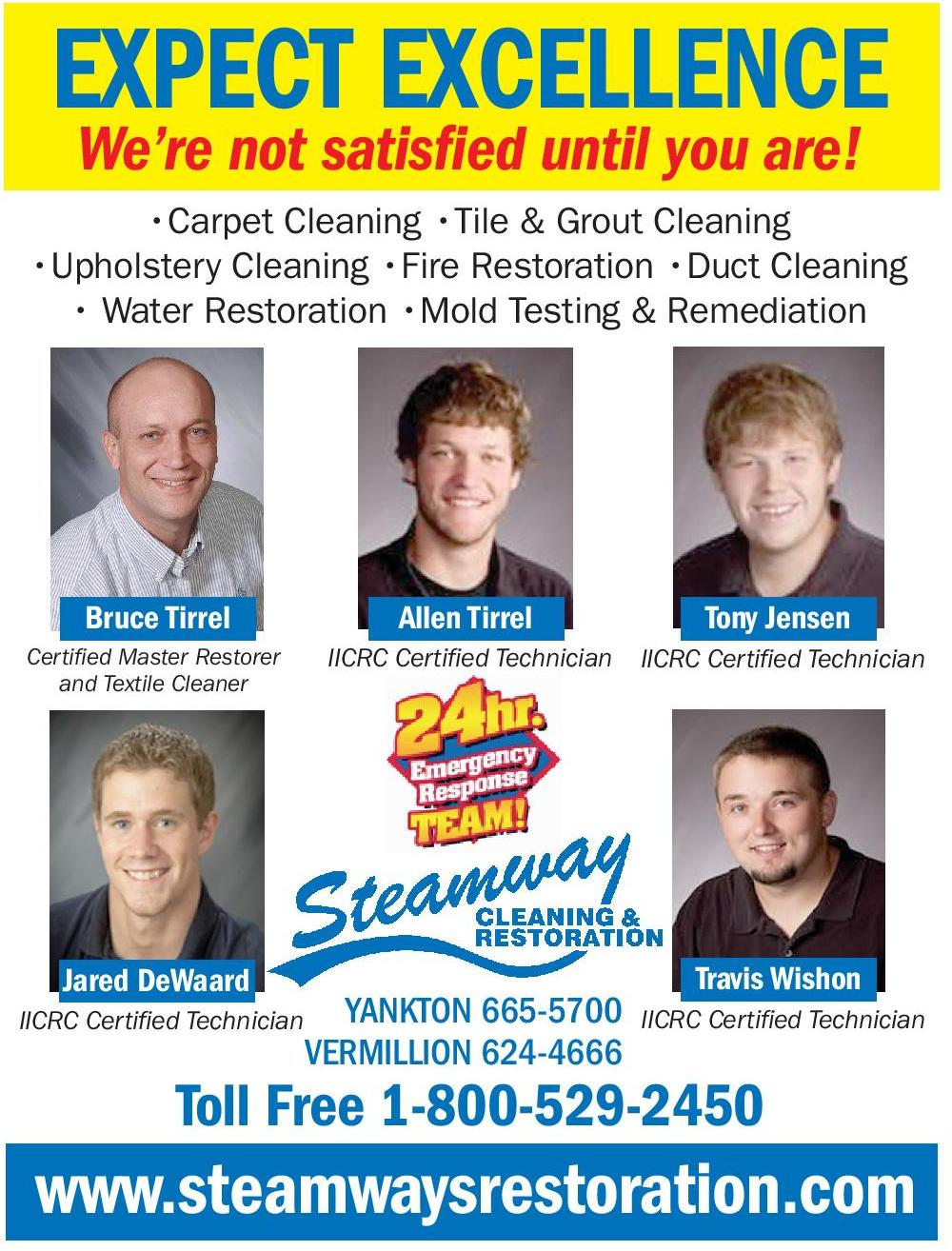





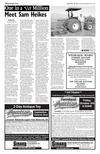
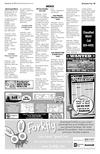

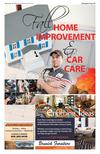




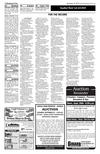

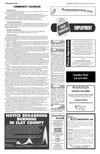


 Previous Page
Previous Page






